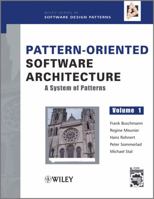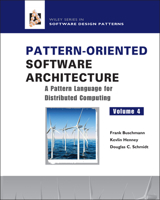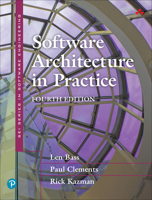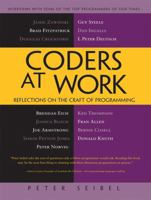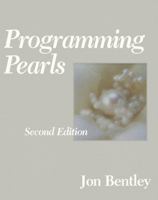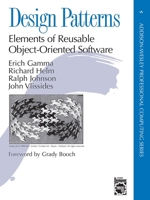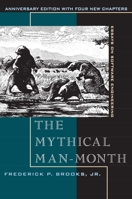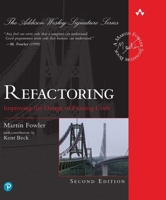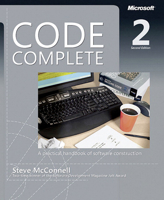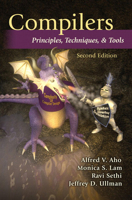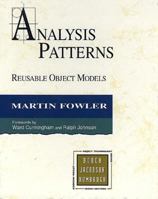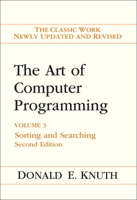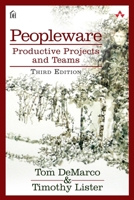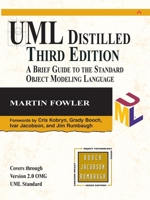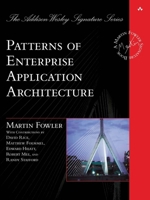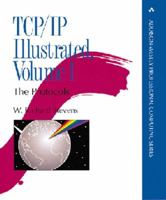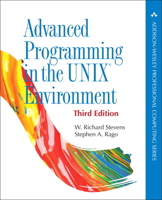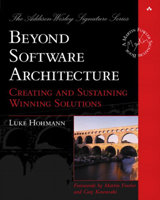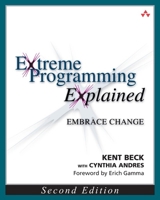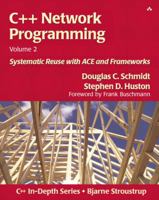R Bioinformatics Cookbook: Use R and Bioconductor to perform RNAseq, genomics, data visualization, and bioinformatic analysis
Select Format
Select Condition 
You Might Also Enjoy
Book Overview
Over 60 recipes to model and handle real-life biological data using modern libraries from the R ecosystem
Key Features:
Apply modern R packages to handle biological data using real-world examplesRepresent biological data with advanced visualizations suitable for research and publicationsHandle real-world problems in bioinformatics such as next-generation sequencing, metagenomics, and automating analysesBook Description:
Handling biological data effectively requires an in-depth knowledge of machine learning techniques and computational skills, along with an understanding of how to use tools such as edgeR and DESeq. With the R Bioinformatics Cookbook, you'll explore all this and more, tackling common and not-so-common challenges in the bioinformatics domain using real-world examples.
This book will use a recipe-based approach to show you how to perform practical research and analysis in computational biology with R. You will learn how to effectively analyze your data with the latest tools in Bioconductor, ggplot, and tidyverse. The book will guide you through the essential tools in Bioconductor to help you understand and carry out protocols in RNAseq, phylogenetics, genomics, and sequence analysis. As you progress, you will get up to speed with how machine learning techniques can be used in the bioinformatics domain. You will gradually develop key computational skills such as creating reusable workflows in R Markdown and packages for code reuse.
By the end of this book, you'll have gained a solid understanding of the most important and widely used techniques in bioinformatic analysis and the tools you need to work with real biological data.
What You Will Learn:
Employ Bioconductor to determine differential expressions in RNAseq dataRun SAMtools and develop pipelines to find single nucleotide polymorphisms (SNPs) and IndelsUse ggplot to create and annotate a range of visualizationsQuery external databases with Ensembl to find functional genomics informationExecute large-scale multiple sequence alignment with DECIPHER to perform comparative genomicsUse d3.js and Plotly to create dynamic and interactive web graphicsUse k-nearest neighbors, support vector machines and random forests to find groups and classify dataWho this book is for:
This book is for bioinformaticians, data analysts, researchers, and R developers who want to address intermediate-to-advanced biological and bioinformatics problems by learning through a recipe-based approach. Working knowledge of R programming language and basic knowledge of bioinformatics are prerequisites.
Customer Reviews
Rated 5 starsExcellent explanation of a language that simplifies things
To manage large computing projects, we need two things. Precise languages and the will to use them. While the Unified Modeling Language (UML) is a valuable addition to our tool set, it is limited when used to describe and restrict the behavior of our objects. The Object Constraint Language (OCL) allows for the formal description of constraints on the data to be used. Given the ability to write specific constraints on information,...
0Report
Rated 5 starsinteresting, useful and possibly important
OCL is an attempt to bring a formal method into the "real world" by making the syntax non-mathematical and - in this book - describing and illustrating it in the context of developing a realistic app using UML.The book is short, trustworthy and rewarding - the more you work at it the more you understand, and I only spotted one typo (apart from appendix A.2, which is apparently borrowed from the OMG, and has a few). It...
0Report
Rated 5 starsClear and concise
An excellent book with good examples and without smoth talk and stupid dedication (such as "To my love" or "To lord Jesus Christ" !). It shows to non mathematican (so I am) that's possible to use formal descriptions during analysis and design in a better way than informal comments. Let's hope that tools will support this language and generate controls in code even if we don't use Eiffel.
0Report
Rated 4 starsSolid Trustworthy Consise Desk Top Reference
First, I like this book. I trust about every line of it. It is itself precise or at least as precise as possible. It summarizes things in a concise and complete way. Required prior knowledge is UML (of course). I'd recommend Fowler's beautiful UML distilled and also even more important a solid understanding of design by contract. I recommend the complete book of Bertrand Meyer "Object Oriented Software Construction". Yes...
0Report
Rated 5 starsOutstanding text on an exciting topic needed in the OO world
The OCL is a defined, typed grammar for the accurate expression of constraints and rules that will prove very useful in the construction of object-oriented tools and end-user systems. It provides a valuable extension and compliment to the strengths of the UML. The text is detailed, in-depth and very interesting in its presentation of the problem domain.
0Report













